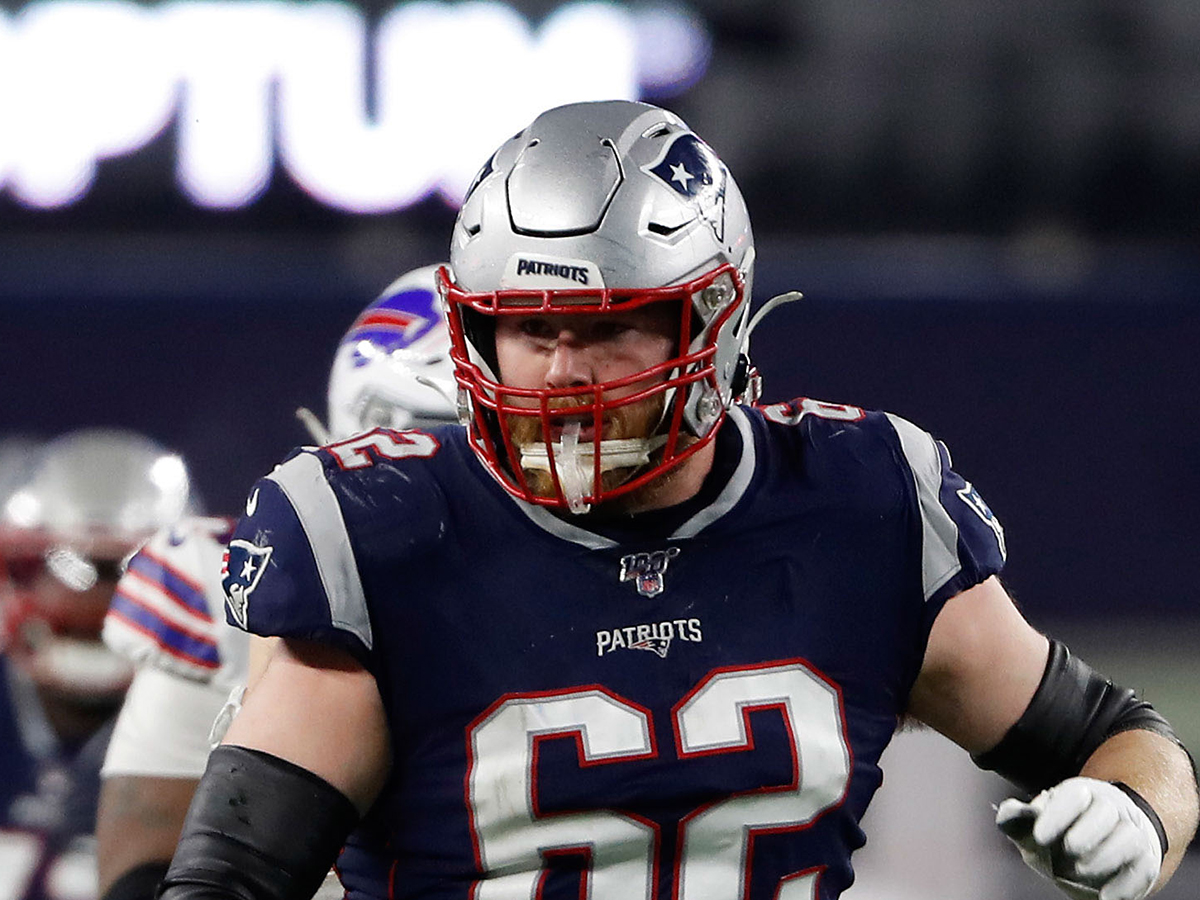Do NFL players have to accept the franchise tag?
The NFL franchise tag is, essentially, a safety net for teams who don’t want to lose a talented player to free agency. If they value their guy enough, they can apply the tag to give him a nice one-year payday and buy time for a possible extension. Much like what the Patriots did with Joe Thuney in 2020.
But do players have to take the deal?
That question is why the NFL franchise tag is wildly unpopular among players. It arguably gives teams an excessive level of control over guys who are on the verge of exploring the open market. A player could be looking at lucrative multi-year offers, suitors that appeal to him, and more guaranteed money. The franchise tag takes all that away from them.
Do NFL players have to accept the franchise tag?
Technically, no. But the ramifications of refusing to sign make it an undesirable move.
If a player is tagged, he’s left with almost no choice. His only recourse for a long-term deal that same season would be to sign one with the tagging team. Otherwise, every franchise tag recipient in the NFL either has to reach an extension by July 15 or be locked into the one-year deal, even if he ends up traded.

Patriots left guard Joe Thuney played the 2020 season under the NFL franchise tag, which is historically unpopular among players. (Winslow Townson-USA TODAY Sports)
What if he holds out?
If a player gets to July 15 without an extension, he has to sign the franchise tag in order to play and get paid. At that point, the only other option is to refuse to sign the tag, which isn’t unprecedented. But it means the player gets no money until he does sign.
Players can hold out if they want. But they’d be subject to hefty fines, depending on how long they are absent from camp. And despite the NFL franchise tag being “guaranteed,” you still need to play in order to get paid. Week 10 is the deadline for players to sign the tag in order to play and collect game checks.
For that reason, it’s rare for NFL players to refuse to play under the franchise tag. Le’Veon Bell sat out the entire 2018 season after the Steelers tagged him for a second straight year. He didn’t see a dime that season. He ended up getting $27 million guaranteed from the Jets in 2019, but he just gave up on the $14.5 million he could’ve made if he simply played.
In conclusion, it’s exceedingly rare for NFL players to do anything but suck it up and play when they receive the franchise tag. Because this part of the game is essentially rigged against them. It’s still a nice paycheck, considering the tag numbers are a formula based on the highest-paid players at each position. But it’s bad for players who want to control their contractual destinies.
Read below for more on the Patriots’ own internal candidates to receive the franchise tag.
MORE: NFL Franchise Tag Candidates Are Bad News For 2021 Patriots
Matt Dolloff is a writer and podcaster for 985TheSportsHub.com. Any opinions expressed do not necessarily reflect those of 98.5 The Sports Hub, Beasley Media Group, or any subsidiaries. Have a news tip, question, or comment for Matt? Yell at him on Twitter @mattdolloff and follow him on Instagram @mattydsays. You can also email him at mdolloff@985thesportshub.com.



